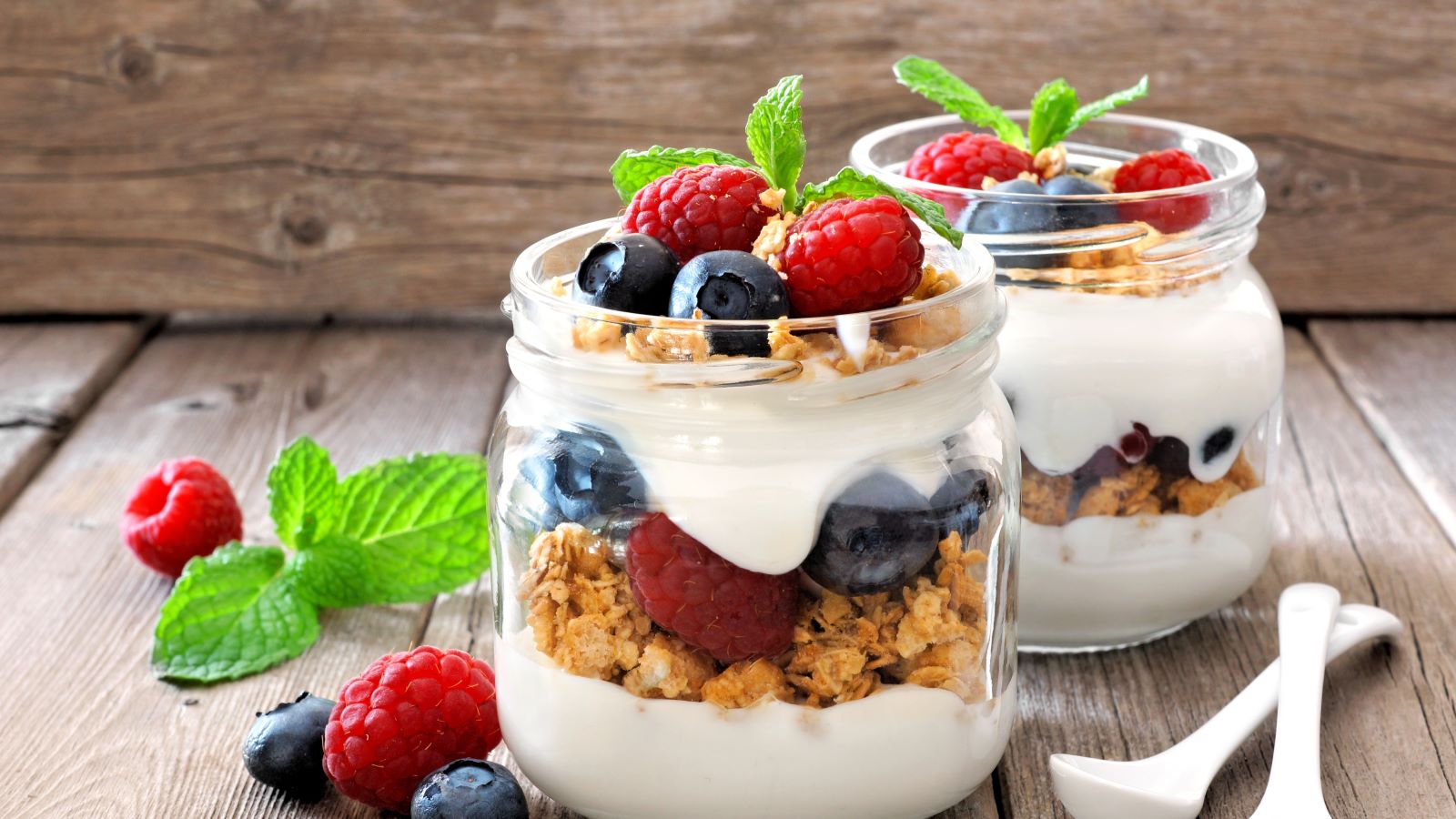<< Back
5 Ways to Protect Your Gut Microbiome

April 02, 2024
Digestion is so much more than chewing and swallowing. There’s an entire ecosystem called the gut microbiome hard at work in your abdomen.
Your gut microbiome is unique to you, and is impacted by what you do and don’t eat, how much you weigh and the medication you take.
Here’s how the gut microbiome works and five ways you can keep it in top health, according to Neil Parikh, MD, chief of gastroenterology at Hartford Hospital.
But first, what is the gut microbiome?
To put it simply, the gut microbiome is the environment created by good and bad bacteria in your digestive system.
“The gut microbiome was developed over time by animals and humans to fight off bacteria that enter the digestive tract. It’s a vast collection of organisms – bacteria, fungi, viruses – that interact with each other and evolve over time,” Dr. Parikh explains.
The gut microbiome plays a key role in overall health, especially our:
- Immune system
- Brain health
- Disease development, including cancer, obesity and heart disease
Here’s how you can keep your gut microbiome happy and healthy.
> Related: 5 Digestion Questions You’re Afraid to Ask
1. Take antibiotics only when necessary
Antibiotics attack bacteria, disrupting the gut microbiome’s balance and diversity.
A short course of antibiotics is usually okay because your microbiome should revert to its original state after completing the medication, but long-term use can cause permanent changes to your gut flora.
If you do need to take recurrent antibiotics, pair them with probiotics.
2. Add natural probiotics to your diet
Probiotics are living microorganisms that can help maintain the balance of bacteria in your gut.
You can find them naturally in fermented foods like yogurt, sauerkraut, kimchi, pickles and kombucha.
When in doubt, check the label for “live and active cultures” or listings of specific probiotics like lactobacillus acidophilus.
3. Boost your fiber intake
Prebiotics are a certain kind of fiber that helps feed the good bacteria in your gut.
Some examples include whole grains, beans, nut, seeds, and certain fruits and vegetables.
4. Choose foods high in polyphenols
You can find polyphenols in plant-based foods like fruits, vegetables and even red wine.
Not only are they anti-inflammatory and antioxidant, but they also help good bacteria grow and slow the growth of more harmful bacteria.
5. Avoid ultra-processed foods
Ultra-processed foods low in the nutrients that support a healthy gut like fiber and polyphenols. And the nutrients they do contain like sugar and fat, plus all the additives and preservatives, cause inflammation and disrupt the balance of the microbiome.